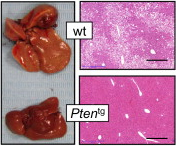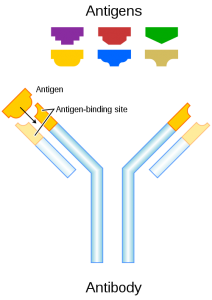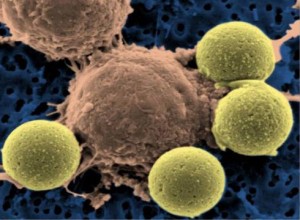Can you imagine a world in which cancer and obesity can be prevented by a single gene? It may sound too good to be true, but researchers at the Spanish National Cancer Research Center (CNIO) in Spain have found such a gene. In fact, not only does this particular gene prevent cancer and obesity, it also increases longevity!
The gene in question is known as the ‘Pten’ gene, a tumor-suppressing gene that is often lost in humans affected with cancer.
“Tumor suppressors are actually genes that have been used by evolution to protect us from all kinds of abnormalities,” explains Manuel Serrano, a researcher who worked on this study.
With an extra copy of the Pten gene, mice appeared to be immune to cancer. In addition, these mice were also found to have less body fat; in fact, the Pten gene led to slimmer mice despite an increase in appetite.

Difference in liver fat of a mouse with the Pten gene and without. (Source: Researchers' own materials)
The decreased body fat can be explained by the fact that most tumor-suppressing genes increase the activity and production of brown fat. Brown fat is a special type of fat that burns energy rather than storing it. As people age, the amount of brown fat in their tissues tends to decrease and be replaced by the more familiar—and much-disliked—white fat. In the case of the mice with the extra Pten gene, the overactive brown fat led to their burning more calories.
Brown fat can also explain the observed increase in longevity, as it has been shown to have the beneficial effect of protecting against metabolic damage commonly associated with aging. Metabolism refers to the chemical reactions that take place in our body in order to maintain life. Numerous studies exist that show a correlation between the rate at which these metabolic processes occur and the longevity of organisms.
This study may have been performed on mice, but the results are very promising for humans as well. The amazing effects of the Pten gene indicate that it may be possible to develop a drug for humans that offers the same benefits.
References:
http://www.time.com/time/health/article/0,8599,1890175,00.html
http://www.eurekalert.org/pub_releases/2012-03/cp-weg022912.php
http://www.sciencedaily.com/releases/2012/03/120306131252.htm





